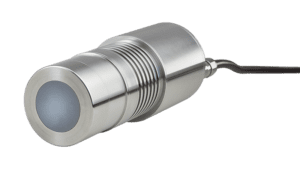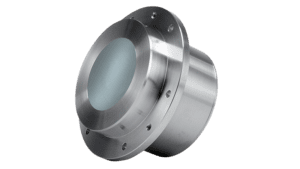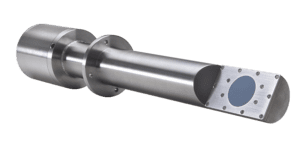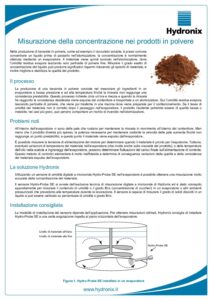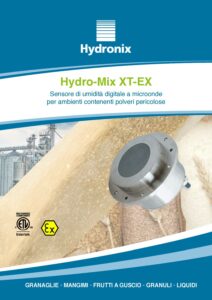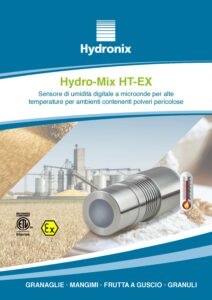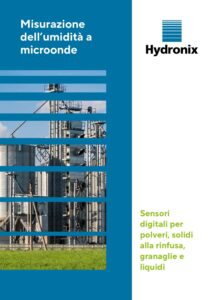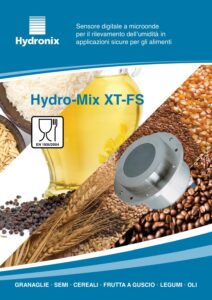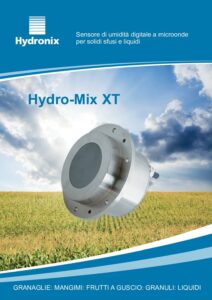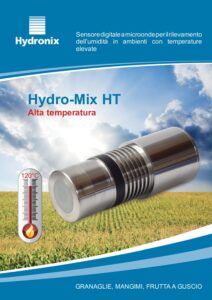Produzione alimentare
Il principale vantaggio della misurazione dell’umidità nell’industria alimentare e delle bevande è che il prodotto finale sarà coerente e il processo sarà controllato in modo efficiente.
Il monitoraggio dell’umidità contribuisce a ridurre la quantità di prodotto deteriorato o sprecato, a diminuire i costi energetici grazie a un controllo efficiente degli essiccatori e, ancora, a ridurre i tempi di inattività durante i processi.
Materiali tipici
- Caffè
- Cacao
- Farina
- Grano
- Orzo
- Riso
- Altri prodotti alimentari
Prodotti correlati
Vantaggi principali

Sostenibilità
- Riduzione delle emissioni di CO2
- Risparmio energetico
Qualità
- Meno rifiuti
- Coerenza del prodotto finale
Produttività
- Aumento della resa produttiva grazie all’uso efficiente del materiale
- Monitoraggio istantaneo online che consente di eliminare le verifiche manuali
Redditività
- Riduzione dei rifiuti
- Riduzione dell’energia
- Automatizzazione dei processi
Ritorno sugli investimenti
- Ritorno medio sugli investimenti: 3 mesi
- Assenza di costosi contratti di manutenzione continuativi
Utilizzo delle risorse
- Aumento dell’efficienza complessiva degli impianti
- Riduzione dei tempi di fermo non programmati
Contenuto correlato
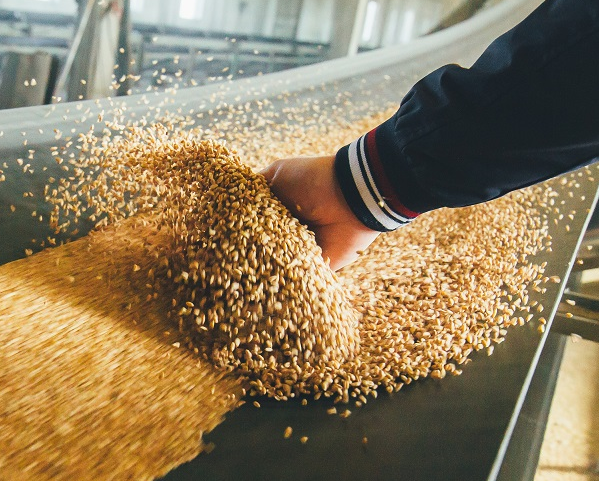
7 things to consider when improving moisture control in food production
In the manufacture of foodstuffs, achieving the right moisture content is paramount. Too little moisture in the ingredients and the product might go stale too quickly or have an incorrect…
Leggi di più
Coffee – Finding the perfect moisture from bean to cup
Getting the perfect cup of coffee has many steps before you can enjoy that rich aroma and taste, and controlling moisture is essential to ensure the highest quality. We…
Leggi di più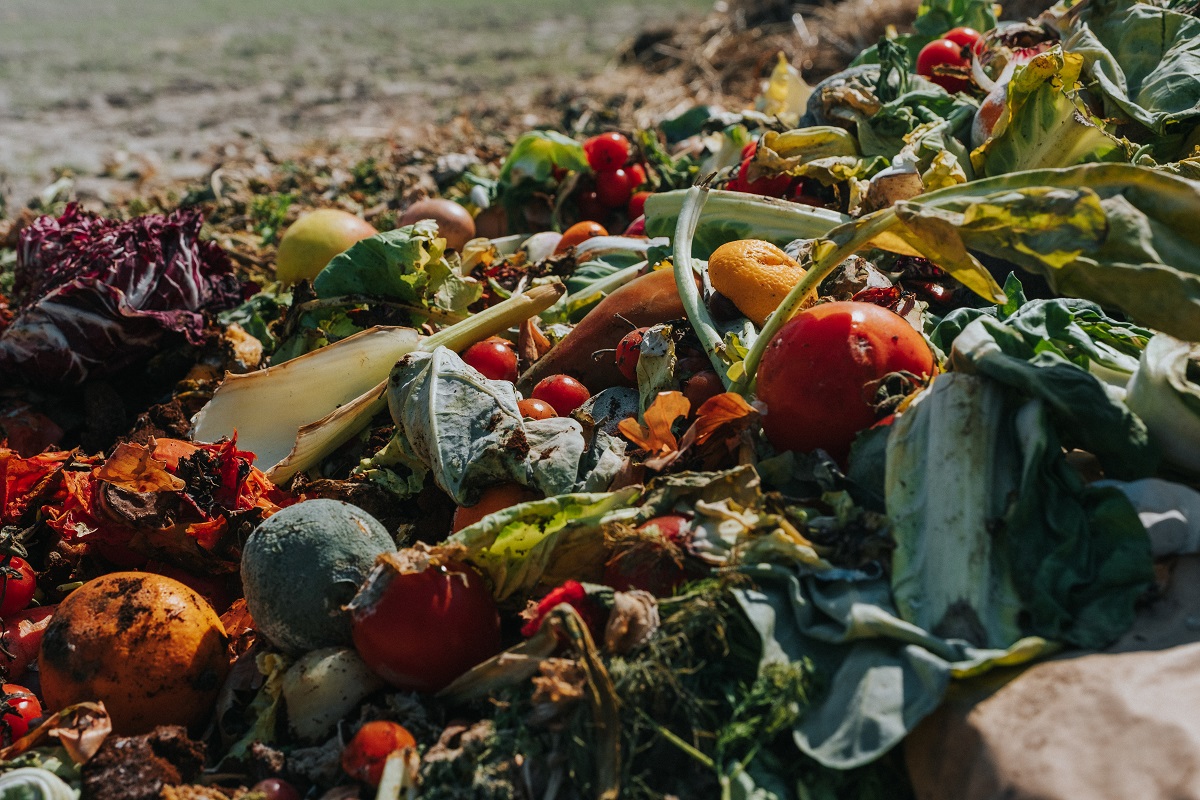
Controlling Moisture to Minimise Food Waste
Food is a vital and valuable commodity, yet according to Earth.Org1 around one-third of the world’s food, amounting to 1.3 billion tons, is either lost or wasted. The benefits of…
Leggi di più
Using Moisture Control to reduce the environmental impact of Agri-Food processing
Few people realise that around 30% of the world’s energy is consumed by agri-food systems [1]. Energy is also responsible for a third of agri-food systems’ greenhouse gas emissions. Given…
Leggi di più

